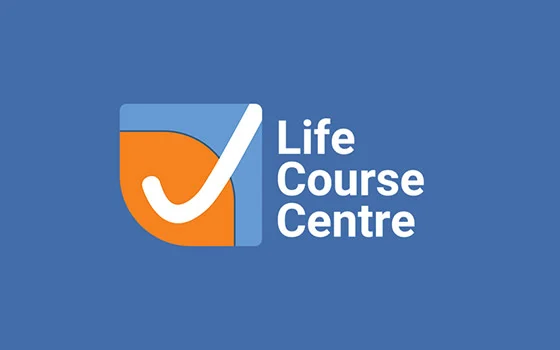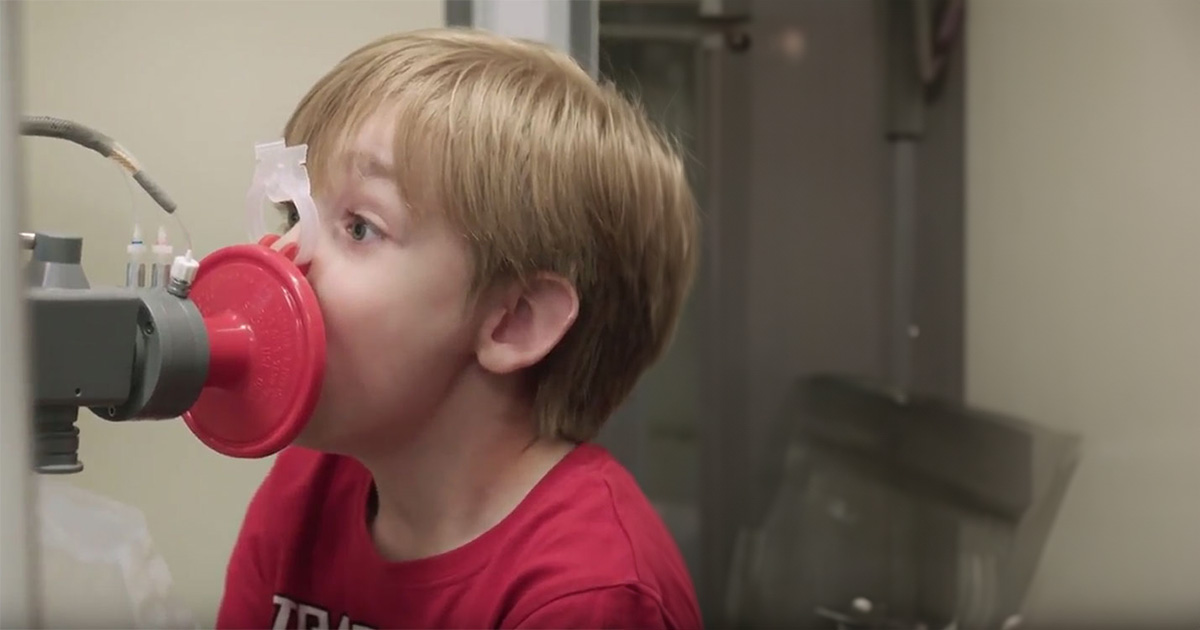Search
Showing results for "Au"

Research
The Life Course CentreThe Australian Research Council (ARC) Centre of Excellence for Children and Families Over the Life Course

News & Events
Census data reveals stark gap in asthma risk for inner and outer city kidsChildren who live in the outer suburbs of Australia’s four biggest cities are twice as likely to have asthma as those living in inner city areas, according to a new study based on health data captured in the last Australian Census.

The Global Disease Modelling group informs development and implementation of drugs, medical treatments and non-medical interventions to effectively tackle disease. They build mathematical models of diseases, designed to take into account the complex constellation of interactions between pathogens, humans, diseases, the environment and entire healthcare systems.
Research
Influenza vaccination in Western Australian children: an economic evaluation to inform future state and national programsChristopher Hannah Peter Peter Blyth Moore Jacoby Richmond MBBS (Hons) DCH FRACP FRCPA PhD OAM BSc (Hons) GradDipClinEpi PhD BA (Hons) MSc MBBS MRCP(
Research
Low-moderate prenatal alcohol exposure and risk to child behavioural development: a prospective cohort studyTo examine the association of fetal alcohol exposure during pregnancy with child and adolescent behavioural development.
Research
Long-term outcomes of symptomatic optic pathway glioma: 32-year experience at a single Western Australian tertiary pediatric oncology centerOptic pathway gliomas (OPGs) are associated with significant risk of visual and endocrine morbidity, but data on long-term outcomes in symptomatic patients is sparse. This study reviews the clinical course, disease progression, survival outcomes and long-term sequelae in pediatric patients with symptomatic OPGs in our institution over three decades.
Research
Non-specific benefit of seasonal influenza vaccine on respiratory syncytial virus-hospitalisations in children: An instrumental variable approach using population-based dataSeasonal influenza vaccine is effective against influenza hospitalisations, but little is known about non-specific effects of the vaccine on other respiratory pathogens with similar seasonal patterns. We aimed to assess the causal impact of seasonal influenza vaccine on laboratory-confirmed hospitalisations for respiratory syncytial virus (RSV) in children using an instrumental variable strategy.
Research
‘It’s been a lifelong thing for me’: parents’ experiences of facilitating a healthy lifestyle for their children with severe obesityFor parents and guardians, assisting children/adolescents with severe obesity to lose weight is often a key objective but a complex and difficult challenge. Our aim in this study was to explore parents' (and guardians') perspectives on the challenges they have faced in assisting their children/adolescents with severe obesity to lead a healthy lifestyle.
Research
The effectiveness of a day hospital mentalization-based therapy programme for adolescents with borderline personality traits: Findings from Touchstone—Child and Adolescent Mental Health ServiceIndividuals with borderline personality disorder (BPD) are at a substantial risk of harm to themselves and others, experience high levels of functional impairment and typically are high users of tertiary healthcare to address their mental health concerns. As indicators for BPD typically emerge in adolescence, a day therapy service in Bentley, Western Australia, Touchstone Child and Adolescent Mental Health Service (CAMHS), was developed as an intensive intervention for adolescents with indicators for BPD and its associated symptomology.
Research
Psychometric properties of QI-Disability in CDKL5 Deficiency Disorder: Establishing readiness for clinical trialsCDKL5 Deficiency Disorder (CDD) is a rare genetic disorder with symptoms of epilepsy, developmental impairments, and other comorbidities. Currently, there are no outcome measures for CDD with comprehensive evidence of validation. This study aimed to evaluate the psychometric properties of the Quality of Life Inventory-Disability (QI-Disability) in CDD. Quality of Life Inventory-Disability was administered to 152 parent caregivers registered with the International CDKL5 Disorder Database (ICDD).
